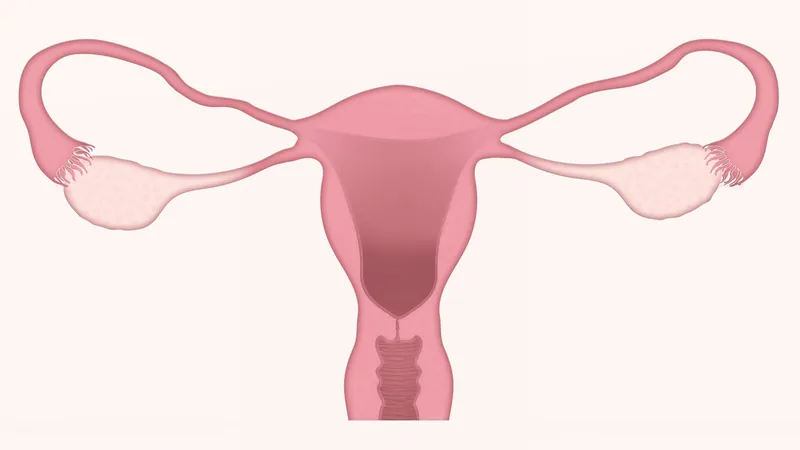
Vaccine Timing and Menstrual Cycles: What You Need to Know!
2025-05-01
Author: Wei
Groundbreaking Study Links Vaccines to Minor Menstrual Changes!
A new international study led by Oregon Health & Science University has revealed intriguing findings about how vaccines can momentarily affect menstrual cycles. Women receiving the influenza vaccine, either alone or with the COVID-19 shot, experienced an average increase in cycle length of less than one day, particularly when vaccinated in the follicular phase.
The Hidden Impact of Vaccines on Menstrual Health
Historically, women’s menstrual health has been overlooked in vaccine trials, leaving a significant gap in our understanding. This study emerges against a backdrop of heightened awareness during the COVID-19 vaccination rollout, where unusual menstrual disturbances became a hot topic of discussion. Although some anecdotal reports have fueled public mistrust, they lacked supportive evidence. We must dive deeper into this issue.
What the Study Found: Key Insights on Cycle Changes
Published in JAMA Network Open, the study involved a retrospective analysis of 1,501 participants aged 18 to 45, who tracked their menstrual cycles via a digital app. The researchers aimed to determine whether influenza vaccinations alone or in conjunction with the COVID-19 vaccine altered menstrual cycle length.
The findings were striking: those who received only the influenza vaccine saw an adjusted average increase of 0.40 days in their cycle, while those who received both vaccines noted a slightly higher increase of 0.49 days. However, neither change proved statistically significant, suggesting minimal impact on overall cycle health.
Temporary Changes: What Should You Expect?
Interestingly, both groups returned to their normal cycle lengths in the following month, indicating that any disruptions are likely temporary. The research also noted that only a small percentage—around 5%—of participants experienced clinically meaningful changes of eight days or more.
Further investigation showed that substantial changes were noticeable primarily in women vaccinated during the follicular phase, with increases of 0.82 days for the flu shot and 0.99 days for the combined vaccination. However, no changes were observed for those in the luteal phase.
Reassurance for Vaccine Safety and Menstrual Health
These findings can help ease public concern regarding vaccines' impact on menstrual health and fertility. Knowledge about when to get vaccinated in relation to the menstrual cycle can empower both healthcare providers and individuals.
With evidence indicating that any changes in cycle length are minor and temporary, there’s less reason for alarm. Moving forward, understanding these nuances can enable better discussions surrounding vaccine hesitancy and health safety.
Conclusion: Know Your Cycle, Know Your Vaccines!
As we strive for better reproductive health and vaccine knowledge, studies like this illuminate the complex interactions between our immune responses and menstrual cycles. It’s essential to remain informed and proactive about our health.

 Brasil (PT)
Brasil (PT)
 Canada (EN)
Canada (EN)
 Chile (ES)
Chile (ES)
 Česko (CS)
Česko (CS)
 대한민국 (KO)
대한민국 (KO)
 España (ES)
España (ES)
 France (FR)
France (FR)
 Hong Kong (EN)
Hong Kong (EN)
 Italia (IT)
Italia (IT)
 日本 (JA)
日本 (JA)
 Magyarország (HU)
Magyarország (HU)
 Norge (NO)
Norge (NO)
 Polska (PL)
Polska (PL)
 Schweiz (DE)
Schweiz (DE)
 Singapore (EN)
Singapore (EN)
 Sverige (SV)
Sverige (SV)
 Suomi (FI)
Suomi (FI)
 Türkiye (TR)
Türkiye (TR)
 الإمارات العربية المتحدة (AR)
الإمارات العربية المتحدة (AR)